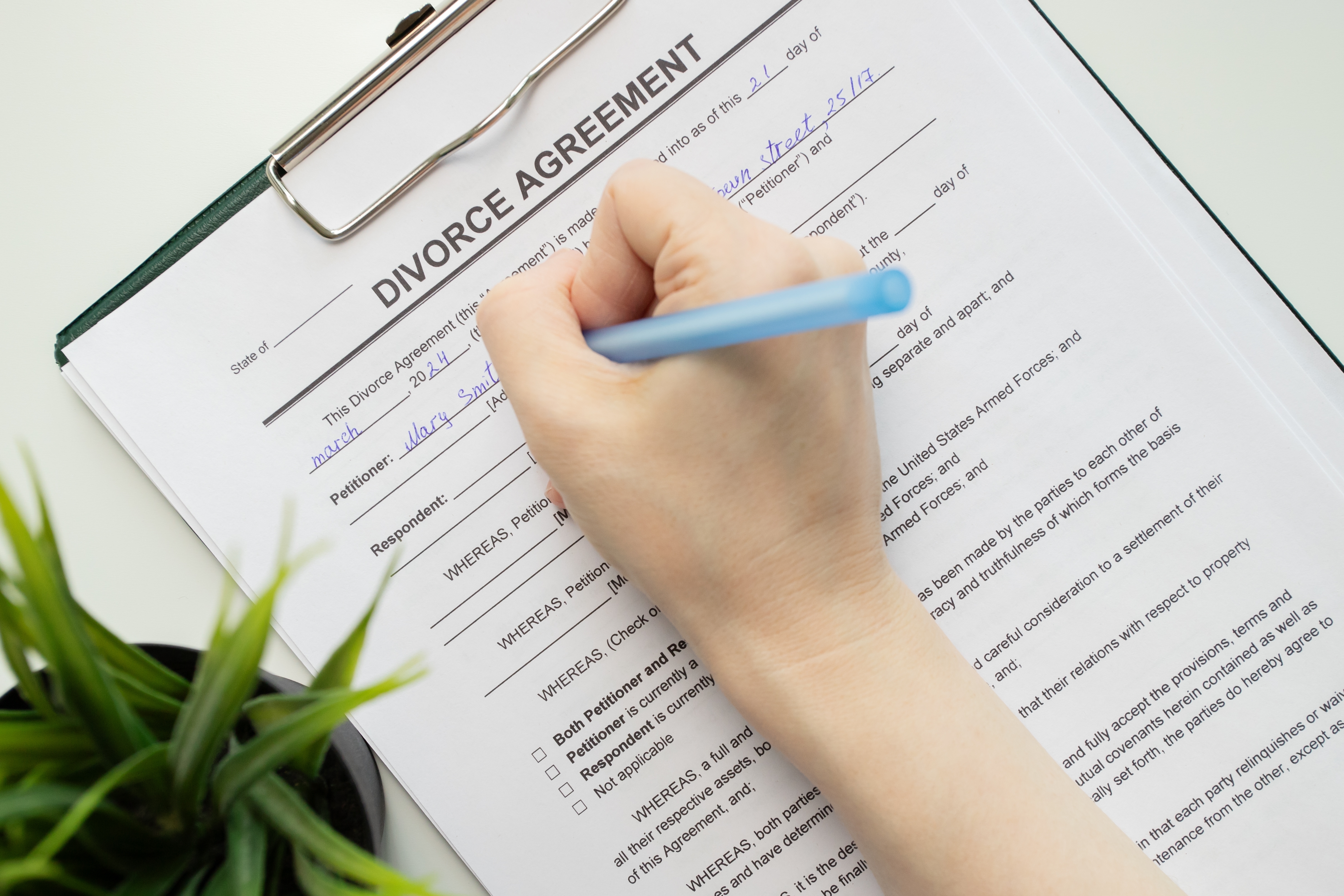
No-Fault Divorce: What It Means for Separating Couples in England & Wales
The introduction of no-fault divorce marks a major step forward for couples in England and Wales. It allows marriages and civil partnerships to end more respectfully, focusing on the future instead of blame. This guide explains what has changed, how the process works, and why legal advice remains important.
What Has Changed in Divorce Law?
Before April 2022, divorce applications often required one partner to place blame on the other for reasons such as adultery or unreasonable behaviour. Otherwise, couples had to wait two years to apply by consent. This created unnecessary hostility and tension.
The Divorce, Dissolution and Separation Act 2020 changed this by introducing a simpler, neutral, and modern approach. Now, you only need to state that your marriage has broken down irretrievably — without proving fault.
Key Changes at a Glance
- No need to assign blame or prove misconduct
- Option for joint divorce applications
- Updated legal terms: Decree Nisi → Conditional Order and Decree Absolute → Final Order
- Designed to reduce conflict and support cooperation
How the No-Fault Divorce Process Works
The new process is clearer and less stressful, with built-in time to reflect and plan:
- Application – submitted by one person or jointly
- 20-Week Reflection Period – a pause to review arrangements and decisions
- Conditional Order – court confirms the divorce can move forward
- Final Order – legally ends the marriage or civil partnership
Although not instant, this system encourages sensible decision-making and reduces emotional strain.

Can a Divorce Still Be Opposed?
In most cases, no. A spouse cannot stop a divorce simply because they disagree with it. Objections are only possible on limited legal grounds, such as jurisdiction or validity of the marriage. This offers more protection for those in difficult or controlling relationships.
Does No-Fault Divorce Make Divorce Too Easy?
While the process is less adversarial, it is not “easy.” The minimum timeframe is six to eight months, and couples must still resolve issues regarding finances, property, and children through separate legal procedures. The reform simply removes unnecessary blame, making the process fairer and less damaging emotionally.
Finances and Child Arrangements
The divorce process itself only ends the legal relationship — it does not automatically settle finances or child arrangements. These issues require separate legal orders:
- Financial Order – decides how assets, pensions, and property are divided
- Child Arrangements Order – determines living and contact arrangements
- Maintenance – covers ongoing financial support for a spouse or child
Without a Financial Order, financial claims can remain open indefinitely, even after a Final Order has been granted.
When to Seek Legal Advice
It’s strongly advised to consult a family law solicitor early if:
- Children or shared assets are involved
- One person is financially dependent or vulnerable
- There are signs of abuse or controlling behaviour
- You are uncertain about your legal rights
Professional legal guidance helps protect your interests and ensures all steps are completed correctly and fairly.

FAQs
- Can I apply for divorce jointly? Yes, couples can now apply together under the new system.
- How long does a no-fault divorce take? Usually six to eight months from start to finish.
- Do I need to prove fault? No. You only need to confirm that the marriage has broken down irretrievably.
- Does the divorce cover financial matters? No, these must be resolved separately through a Financial Order.
- Can I oppose a divorce? Only on limited legal or jurisdictional grounds.
Contact Prime Legal Solicitors
If you’re considering a divorce in England and Wales or need advice on any family law matter, our experienced solicitors can help. Call 0330 341 4757 or use our online enquiry form to book your consultation.
Are You Looking for
Experienced Attorneys?
Get a free initial consultation right now
